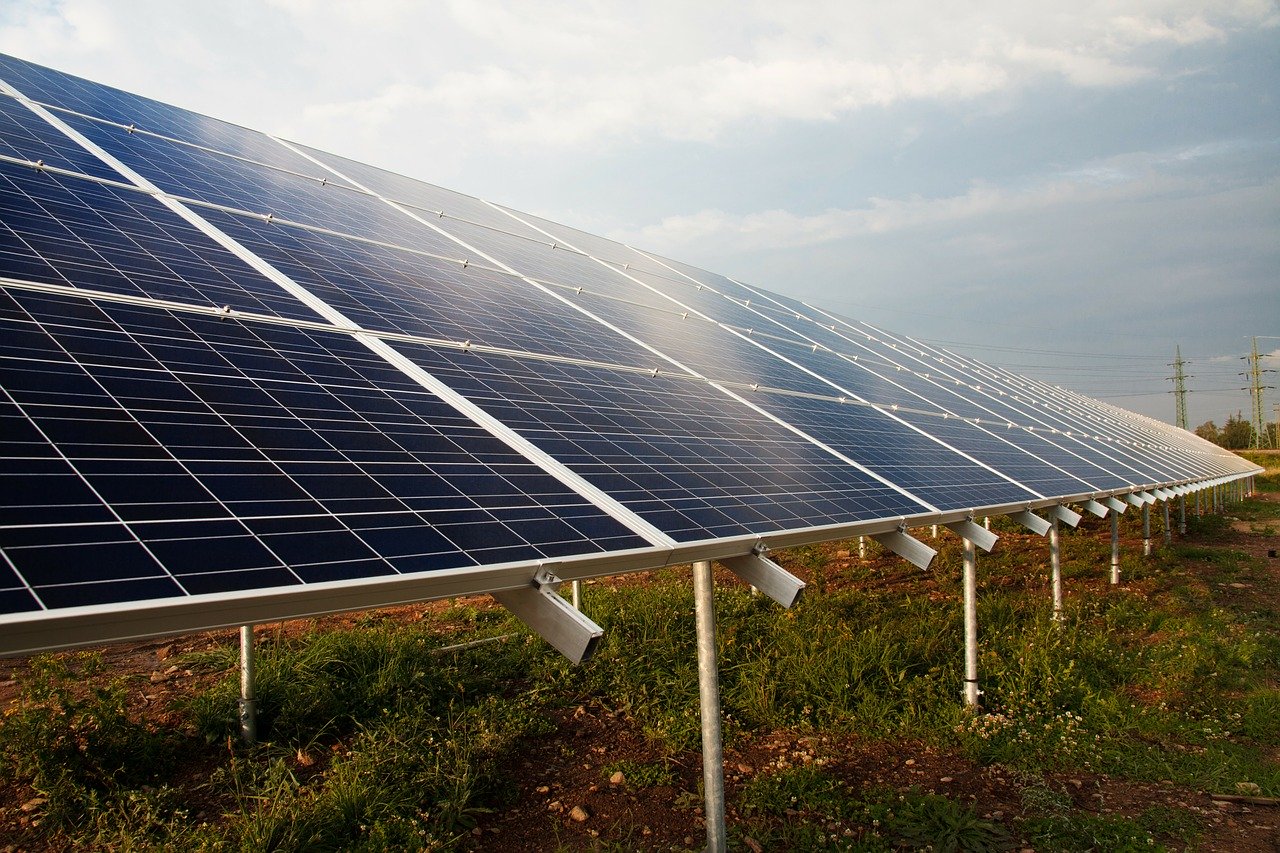We have much more to do and your continued support is needed now more than ever.
Preserving Climate and Clean Energy Gains During the Pandemic

Our country has been affected in countless ways by the spread of COVID-19 and the economic shutdown it has imposed. Lives and livelihoods have been tragically lost and upended. But one thing we should not allow to be added to that casualty list is the fledgling gains we have made at reducing the pollution fueling climate change, which is now at crisis-level severity for people and wildlife.
The clean energy economy has been picking up steam for the last several years, with wind and solar representing the fastest growth rates in power generation. In fact, renewables were on pace to surpass both coal and nuclear production in the United States by next year! The price of electric cars continues to go down as sales continue to go up, and many states are helping to promote energy efficiency improvements that save homes and businesses money.
Federal Support Spurred Progress, But Now There is Risk
These clean energy advances came about in large part because of federal tax incentives that made it more profitable to invest in clean technologies, produce clean power, and take advantage of consumer programs. In fact, these tax incentives were critical for renewables to gain a foothold in the industry when the technology was more expensive than cheap coal. This has been an appropriate and essential use of federal dollars—spurring deployment of clean power that eliminates climate-altering pollution for the public good.
As effective as these incentives have been, they have never been guaranteed. Rather than being permanent, the credits have to be renewed by Congress periodically, which has led to fits and starts in clean energy investment and adoption. If Congress takes no action this year, these incentives will be gone within a couple years.

COVID-19 Takes its Toll
Adding to the industry’s uncertain future is the impact of the coronavirus. Before the pandemic hit, the clean energy economy employed 3.4 million people, continuing an upward trend. But when the nation’s economy shut down in March, many of these jobs disappeared. In March, April, and May, these losses totaled over 620,000, or over 18 percent. Major wind and solar construction and installation have been put on hold. Energy efficiency upgrades and purchases have stalled. With economic re-openings currently faltering in many states, who knows when or if these businesses will be able to rehire workers and get the clean energy transition back on track.
Congress must step in.
The federal government has already approved trillions of dollars in relief funds to help hospitals and medical responders, give small businesses a lifeline, and enhance unemployment benefits. But while the Trump administration has taken various steps to help the oil and gas industry, there has been no relief for clean energy businesses.
The House took a first step on July 2 when it approved 5-year extensions of clean energy tax credits. However, the larger package that included the extensions is likely not going anywhere in the Senate. More importantly, while extensions of the credits provide certainty going forward, they, alone, do not meet the needs of businesses and workers struggling right now because of the economic downturn.
Congress needs to do more for clean energy businesses – and soon – if those businesses are going to survive, and if we are going to maintain the forward momentum on an energy transition. In addition to the extensions already approved by the House (but not the Senate), the industry is asking for the ability to take current tax credits as a cash payment, allowing them to use that money now to put people back to work since they won’t have much, if any, tax liability for the year. They are also looking for flexibility in deadlines for when projects have to be started or completed in order to qualify for the credits, arguing they should not be penalized if a planned project has been delayed because of the pandemic. And by linking these incentives to strong labor standards and buy-American provisions, Congress could ensure that the clean energy recovery is good for workers as well as the climate and wildlife.
COVID-19 is affecting us all, and also our ability to protect wildlife from climate change. As our government takes steps to combat the virus and get the country back on its feet, it is right to prioritize medical responders and frontline workers and the most vulnerable among us. Yet it should also prioritize an industry that has been hit hard while addressing the climate crisis that is also gripping the world.





















